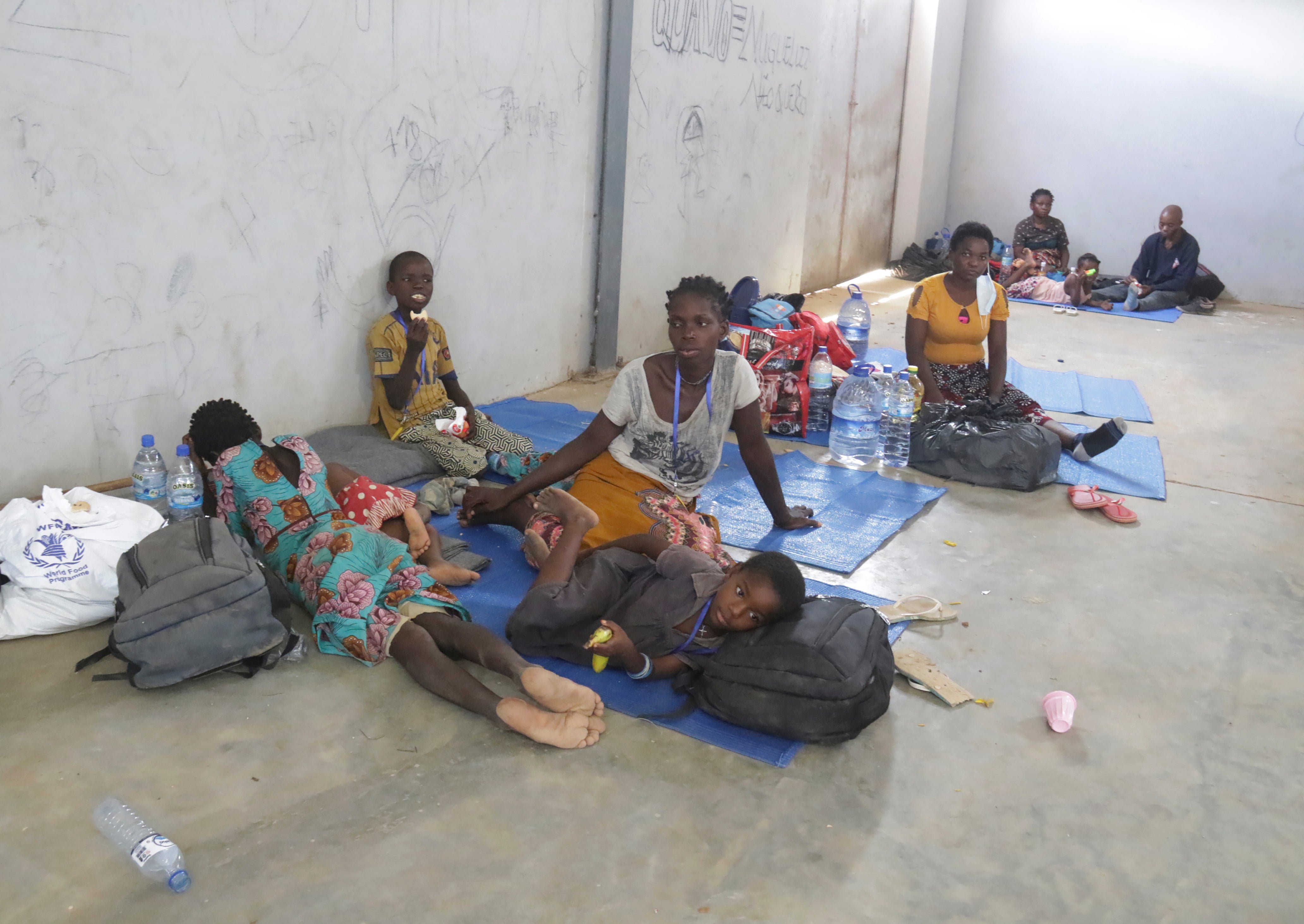Southern African leaders meet in Mozambique on rebel threat
Southern African leaders are meeting in Mozambique’s capital Maputo on Thursday to discuss ways to respond to the violence by Islamic extremist rebels in the country’s northern Cabo Delgado province where thousands of people have been killed and displaced

Your support helps us to tell the story
From reproductive rights to climate change to Big Tech, The Independent is on the ground when the story is developing. Whether it's investigating the financials of Elon Musk's pro-Trump PAC or producing our latest documentary, 'The A Word', which shines a light on the American women fighting for reproductive rights, we know how important it is to parse out the facts from the messaging.
At such a critical moment in US history, we need reporters on the ground. Your donation allows us to keep sending journalists to speak to both sides of the story.
The Independent is trusted by Americans across the entire political spectrum. And unlike many other quality news outlets, we choose not to lock Americans out of our reporting and analysis with paywalls. We believe quality journalism should be available to everyone, paid for by those who can afford it.
Your support makes all the difference.Southern African leaders are meeting in Mozambique’s capital Maputo on Thursday to discuss ways to respond to the violence by Islamic extremist rebels in the country’s northern Cabo Delgado province where thousands of people have been killed and displaced.
More than 2,600 people have been killed and 670,000 displaced since the rebel insurgency started in 2017, creating a massive humanitarian crisis, according to U.N. agencies.
Mozambican President Filipe Nyusi, in a national address, said his government has asked for assistance from neighboring countries and other international powers, but it does not want to compromise its sovereignty.
Nyusi announced Wednesday that government forces had regained control of the northern city of Palma after a prolonged battle with the rebels. More than 100 of the well-armed rebels attacked Palma on March 24 and held more than half of the strategic center for more than 10 days.
“The terrorists have been expelled from Palma. We do not intend to proclaim victory because we are in an ongoing fight against terrorism, but we are sure that if we are united, we will win,” Nyusi said, speaking in Portuguese on state media.
At least 50 people were killed, including several who were beheaded, in the rebels' assault on Palma and thousands fled the port city, which had more than 70,000 residents before the rebel attack.
The leaders of Botswana, Malawi, South Africa Tanzania are expected in Maputo for the summit, the second since November last year. They are representing the 16-nation Southern African Development Community. known as SADC, which has been criticized for failing at previous summits to agree upon specific actions to combat Mozambique s crisis, which threatens to spread instability in the region.
South African President Cyril Ramaphosa is accompanied by his defense, intelligence and foreign affairs ministers.
“SADC is deeply concerned about the continued terrorist attacks in Cabo Delgado, especially for the lives and welfare of the residents who continue to suffer from the atrocious, brutal and indiscriminate assaults,” Ramaphosa’s spokesman Tyrone Seale said in a statement Thursday.
Last week South Africa sent military personnel to evacuate its citizens who were trapped in Palma. The South African forces also carried back the remains of Adrian Nel, a South African who was killed in the assault. He had been doing contract work in Palma since January, according to local reports.
The rebel attack on Palma brought the French oil and gas giant, Total, to completely withdraw its staff and close operations in its multi-billion dollar investment a few kilometers (miles) from Palma.